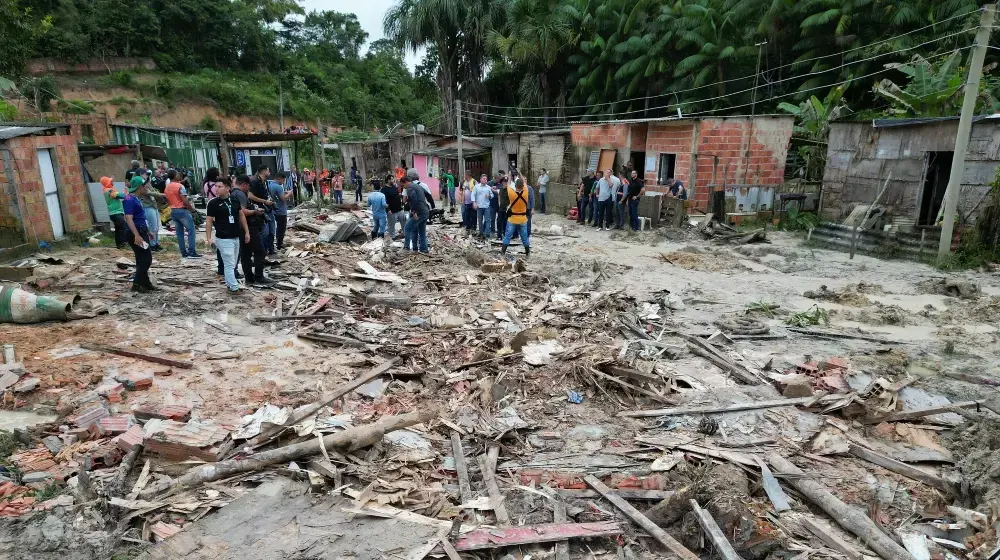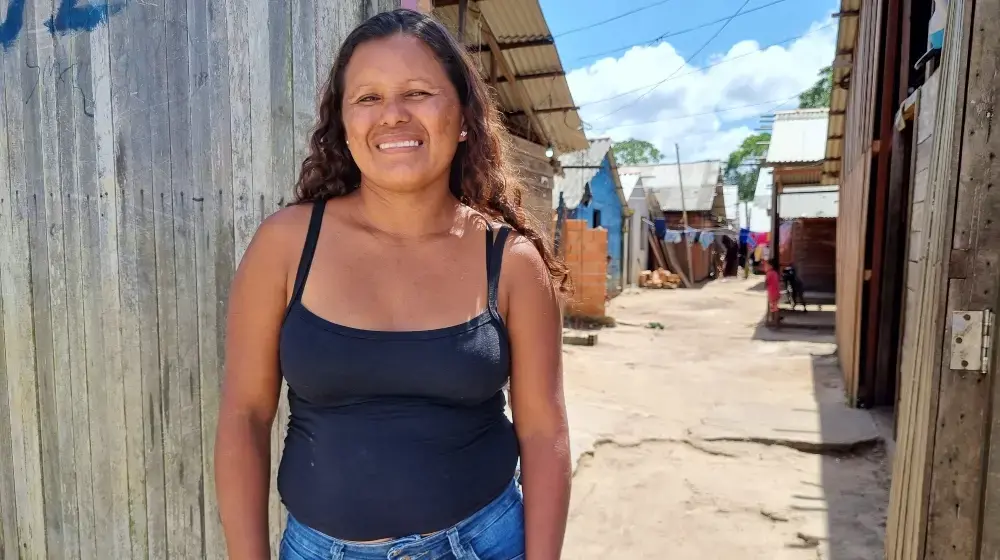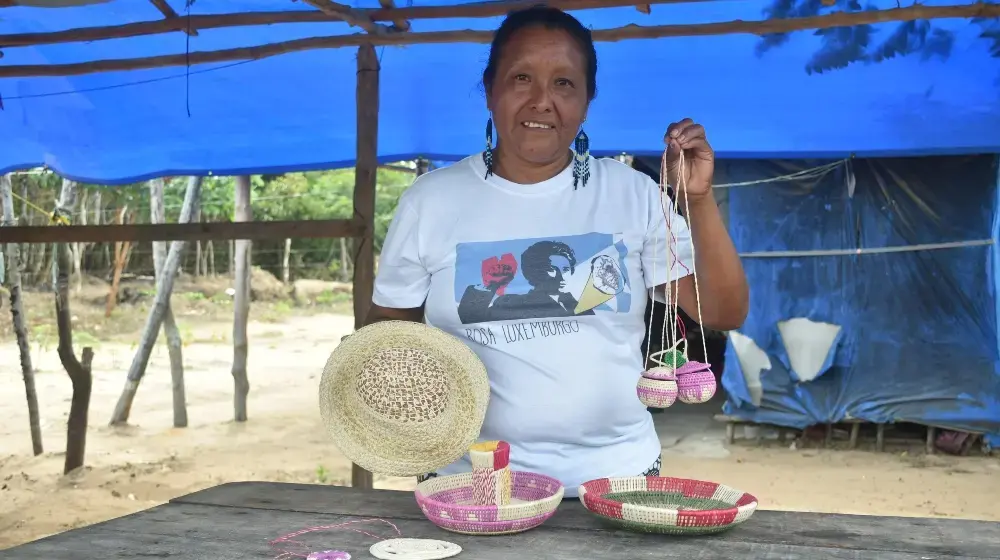After keeping a constant fight against LGBTIphobia, discrimination and right’s guarantee in the original country, Riri, a young Venezuelan 22 years old, related to have lived with fear, suffered abuse and agression for being different. “Many times people ask me if I am a transgender women, and I am not. I’m a queer person that don’t identify itself with any gender, and that troubles people”, explains. Today, Riri is in Brazil, after crossing what is called “a turbulent way”, the result of the economic crisis in Venezuela. Here, the young person knew the United Nations Population Fund (UNFPA), that offered support and orientation about the LGBTI people’s rights.
Riri tried to migrate two times. In the first one, took the decision of leaving the college almost finished and arrived at the Brazilian city closest to the border with Venezuela, Pacaraima, in the beginning of 2018. In the process of arrival and document expedition, received the sad news that a close relative had passed away. That news provoked the return to Venezuela, moment when Riri started to think about concluding the studies. “I decided to stay a little longer to complete my graduation, I felt I could get it, no matter how difficult it was”, says. On February 2019, Riri graduated in Systems Engineering at the University of Gran Mariscal de Ayacucho, in the city of Bolivar, Venezuela. With the diploma in hands, didn’t wait much to try, again, go to Brazil.
This time, things are different. Riri arrived at the Scanning Station of Operação Acolhida in Pacaraima, the federal government response that takes care of identifying migrants and refugees and providing other services, and met the Friendly Space of the United Nations Population Fund, space where the identification came instantly, compensating the previous suffering. “I saw the UNFPA’s room and identified myself in that exact moment. There was information about sexual and reproductive health, which impressed me, and people received me and gave me orientation. It was a light of guidance in my path”, recalls.
Riri received some orientation on how to keep going with the process of regularization in Brazil and then came to Boa Vista, Roraima’s capital. In that city, Riri was received at a friend’s house, who provided help, and didn’t take longer to search again for the attention spaces of UNFPA, where noticed a diverse team of people who could count on in.
“They taught me very much about the rights of LGBTI people in Brazil, I had no idea because, in my country, that doesn’t exist. It was very inspiring having such assistance.”
In Roraima, the United Nations Population Fund works to promote the sexual and reproductive health, prevention and response to gender-based violence and, of course, a closer look to the human rights, addressing cases the local health facilities and offering responses when a violation of rights is identified.
Riri has made progress in the integration process in Brazil and currently works for Caritas Brasil, in a project of hygiene promotion, sanitation and offer of access to showers and washing machines for homeless people. The testimonial is of victory, despite the challenges. “Nothing is impossible, if you want something you have to work for it. There are always people that are going to help, give a little push, how UNFPA was for me. There is always someone to offer a hand. You don’t have to surrender, you have to keep trying, because it is possible”, says.




